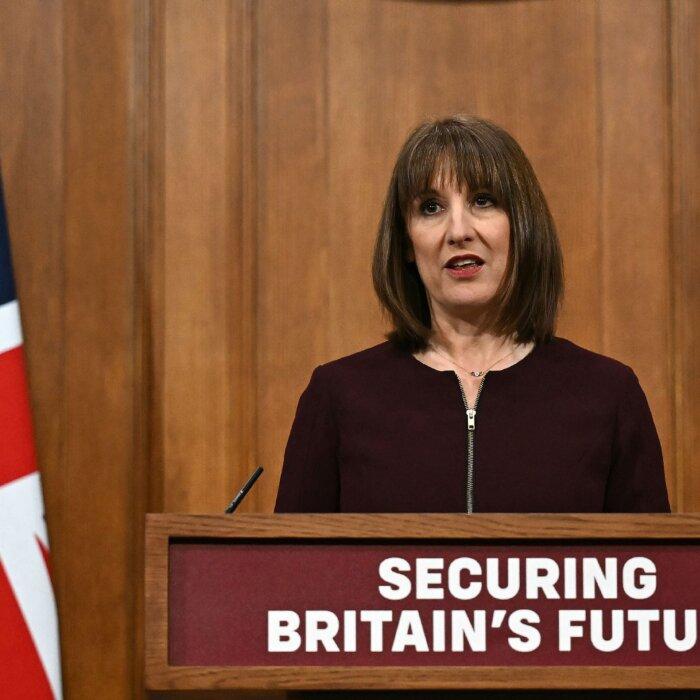Working households will be £400 worse off over the next year owing to higher taxes and utility bill increases, with benefits not keeping up with the cost of living, according to analysis by the Resolution Foundation.
This month, employers’ national insurance contributions (NICs) have increased to 15 percent and the threshold at which they kick in have also been slashed from £9,100 to £5,000.
While NICs are paid by employers, “the incidence of the tax is expected to fall primarily on workers,” the foundation said, explaining it will impact households through slower wage growth as employers seek to recoup costs.
The Resolution Foundation, which focuses on improving living standards for people on low to middle incomes, estimates that these two changes combined will reduce income by £170 annually for a typical household.
Benefits
The situation is also not improved by non-pensioner benefits rising by only 1.7 percent, which is considerably less than the inflation forecast of 3.2 percent, “meaning that the real value of this income will fall this year.”The Resolution Foundation said that “even more worrying is that Local Housing Allowance will remain frozen, whereas a continued link to rents would have meant a typical 9 per cent boost (or an average of around £800 a year for two-bedroom properties).”
The main “chink of light” the think tank sees coming out this new financial year is the 6.7 percent rise in the minimum wage—going up from £11.44 to £12.21 an hour—which is predicted to benefit 2 million workers.
Adam Corlett, principal economist at the Resolution Foundation, said, “The typical household is now projected to be £400 worse off this financial year, due to a combination of weakening earnings growth, rising housing costs, taxes and bills, and benefits struggling to outpace inflation.”
Corlett called on the government to help vulnerable households in meeting these rising costs by bringing forward next year’s Universal Credit increase to this October.

Responding to the report, a government spokesperson said: “Living standards, measured by the broader RHDI [real household disposable income] per capita measure, are growing at their fastest rate in two years.
‘Fantasy Figure’
On Tuesday, Conservative Party leader Kemi Badenoch called the increase in employer taxes “a direct hit on working people” that will crush businesses, result in fewer jobs, and cost families £3,500 by the end of this Parliament.In his reply, Prime Minister Sir Keir Starmer said, “We’re dealing with global instability, and we recognise the pressures that are bearing down on businesses and individuals and working people, that’s why we’re rolling up our sleeves.”

The prime minister also described Badenoch’s prediction that households would be £3,500 worse off as a “fantasy figure.”
Starmer said that the increase in minimum wage would mean £1,400 extra a year for millions of workers.
“Wages are going up faster than prices,” he said.
Awful April
Higher utility and council tax bills are just one part of the rising costs hitting consumers.The cost of a TV licence will also rise by £5 to £174.50 a year for a colour set, with the price of a black and white set increasing from £57 to £58.50.
Broadband and mobile phone customers could also see a rise in prices.
Those whose broadband contracts are linked to inflation will see the cost of their internet rise by an average of £21.99 a year.
Mobile phone users face similar rises, though some providers like Vodafone and Virgin Media have frozen prices until 2026 for those who switched before April.
The standard rate of car tax will also rise by £5 to £195, and electric vehicle owners will be subject to car tax for the first time.







